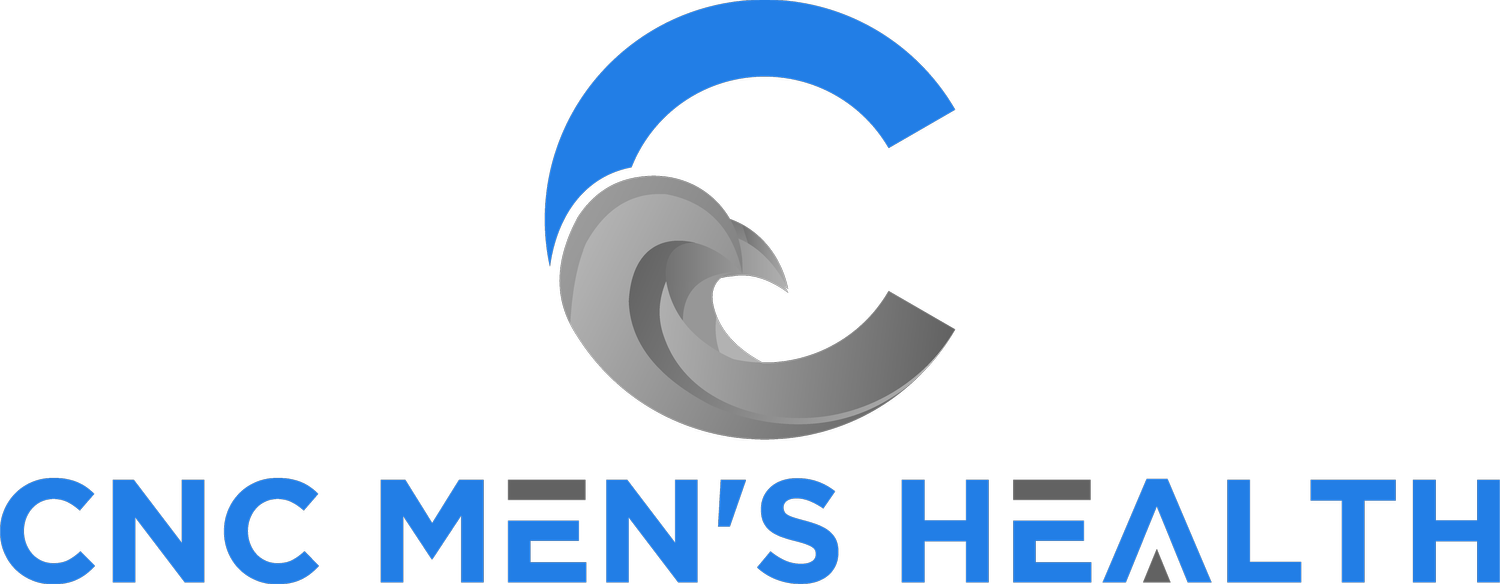Debunking the Myths About Testosterone Replacement Therapy (TRT) and Cardiovascular Disease
Testosterone Replacement Therapy (TRT) has gained significant attention in recent years as a potential treatment for various health issues in men. However, concerns about the relationship between TRT and cardiovascular disease have fueled a number of myths and misconceptions. In this blog post, we aim to debunk these myths and shed light on the actual evidence surrounding TRT and cardiovascular health.
Myth 1:
TRT Increases the Risk of Heart Attacks and Stroke One of the most common misconceptions is that TRT increases the risk of cardiovascular disease, heart attacks, and strokes. However, numerous studies have provided substantial evidence to refute this claim. In fact, several studies have shown that TRT may have a positive impact on cardiovascular health by improving lipid profiles, reducing insulin resistance, and decreasing fat mass.
Myth 2:
TRT Causes Blood Clots Another prevailing myth is that TRT leads to an increased risk of blood clots. While it is true that testosterone can stimulate red blood cell production, studies have shown that TRT, when properly administered and monitored, does not significantly raise the risk of blood clots. Regular monitoring of hematocrit and blood viscosity is important to ensure safe and effective treatment.
Myth 3:
TRT Raises Blood Pressure Elevated blood pressure is a known risk factor for cardiovascular disease. However, the evidence linking TRT to increased blood pressure is limited and inconclusive. Several studies have even reported a potential reduction in blood pressure with TRT. It's crucial to note that monitoring blood pressure regularly and managing pre-existing hypertension is vital for men undergoing TRT.
Myth 4:
TRT Negatively Affects Cholesterol Levels Some individuals believe that TRT leads to unfavorable changes in cholesterol levels, particularly by lowering high-density lipoprotein (HDL) cholesterol, commonly known as "good cholesterol." However, research indicates that TRT can actually improve lipid profiles, increasing HDL cholesterol levels and reducing total cholesterol and low-density lipoprotein (LDL) cholesterol levels. Proper monitoring of lipid levels is important to ensure optimal cardiovascular health.
Myth 5:
TRT Is Unsafe for Men with Pre-existing Cardiovascular Conditions It is often assumed that men with pre-existing cardiovascular conditions should avoid TRT altogether. While caution is required, TRT can be safely administered under proper medical supervision, even in men with cardiovascular conditions. A comprehensive assessment of each individual's medical history, risk factors, and close monitoring is crucial to determine the appropriateness and safety of TRT.
Debunking the myths surrounding TRT and cardiovascular disease is essential to provide accurate information to men considering or undergoing this therapy. Scientific evidence consistently indicates that TRT, when properly administered and monitored, does not pose a significant risk of cardiovascular disease. In fact, it may have positive effects on cardiovascular health by improving lipid profiles and reducing insulin resistance. As with any medical treatment, close supervision and regular monitoring by a qualified healthcare professional are vital to ensure the safety and effectiveness of TRT. If you have concerns about TRT and its potential impact on your cardiovascular health, consult with a knowledgeable healthcare provider who can guide you based on your individual needs and medical history.
